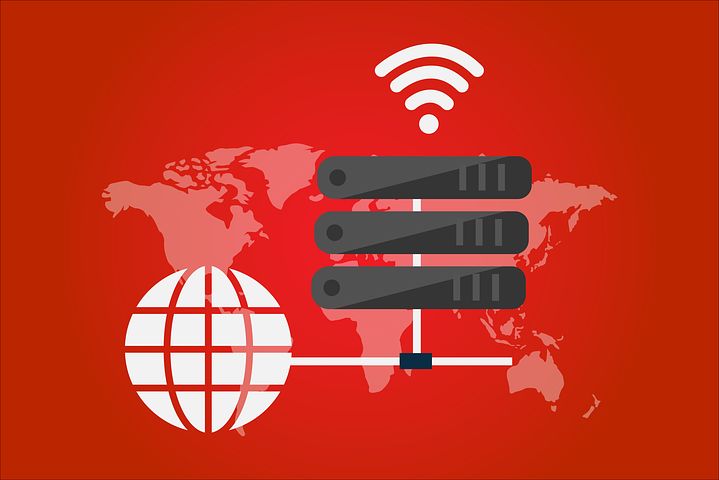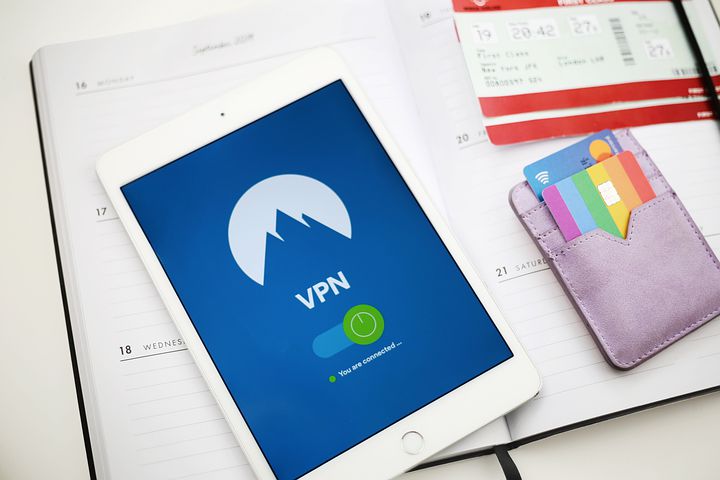There are a lot of people on the internet these days. It seems that almost everyone is given access to it, no matter the age, sexual orientation, and even financial status. With cellphones and other devices becoming internet-accessible, the concept of security also comes in. For example, this concept was not really a priority for most people during the earlier years of the internet. People just relied on whatever governing body and believed that they were safe from everything.

However, after many instances of viruses destroying devices and files, it has become apparent that people should secure these things. Internet security has been a hot topic ever since, and it is still relevant until now.
There has been a lot of buzz about people’s information getting stolen and used without their consent. This has been happening since the conception of the internet itself, but most have not been aware of it until now. Especially since the Facebook Analytical scandal which was allegedly used to influence the results of US elections, privacy has been considered very important on internet use. Read more about this topic here. However even though people want to keep their security, it seems that they do not understand how the internet really works. It involves a lot of complicated processes so here is a rundown just for you.
How Does the Internet Work?
If you are using a computer, there is a definite possibility that it has an internet connection. You open a web browser then you start surfing online. Maybe you want to log-in to your social media accounts, watch some cat videos on YouTube and research on anything that interests you now. You send this information across the web so that it will find the appropriate server. Once it does, it will send back the data that you need and that it what you see on your screen. It is pretty simple to understand, right? You send data, and then the data that you want is sent back to you.
However, there is a catch.
You see, you don’t just send the data that you were searching for. You were also sending your own personal data. One of these is your IP address, the so-called online location of your device. It consists of a group of numbers that represents the site that you are trying to access. It directly corresponds to your location, as there are satellites that can track you down.
What does this mean to you? Your internet provider can actually have a record on your where you live based on your IP address. The website that you are currently accessing might also get ahold of your location. Other people can also access your devices just because of this IP address.
Well, you see these IP addresses are also visible in the network or internet service provider that you are using. This is how most hackers would hack your device and take what they can get: social security number, credit card information, your address, etc. Most of the time, it is email accounts that are compromised first because these are connected to other accounts.
Other Threats You Should Think About
It is not just the hackers that also want this information about you. Some companies also use your information for marketing purposes. Ever wondered how ads on websites feel like they are really for you? If you are a guy and you like sports and cars, the ads that you see are also related to sports and cars. This is because of your previous searches and online activity. All in all, it doesn’t sound so bad especially nowadays that most websites ask for permission before they even take this kind of data.
The government can also ask for your personal information based on this data. They have the right to march into any internet service provider to ask for anybody’s internet history. This data can be used in court as a piece of evidence for any kind of crime. Even lawyers can have this access especially if it is crucial to the case.
If you are someone who wants to be really private online, maybe it is time to have a VPN or virtual private network. This software can actually mask your activity online so that nobody can try tracking you or hacking your devices. It does three things: protects you from any kind of attack, change your device’s location, and encrypt your data. How do they accomplish this? When you use the internet, you send out a lot of data including your own personal information to a server or website. Then, it will send back the data that you want to access.
What Can You Do?
VPNs will actually send your data to their own servers first. This way, if someone tries to track your internet activity, they will be thrown off their chase. VPN providers also protect this data by encrypting it in a way that would just lead to their servers. This will also let you change your own location, which would be great if you are trying to access content that is not available in your country.

Virtual private networks might cost you because you really do need to purchase it before you can enjoy the benefits. There are free ones online, but their services are quite limited, and it is so much better if you have your own VPN account. It is also a great way for you to protect yourself from anyone trying to steal your personal data online.